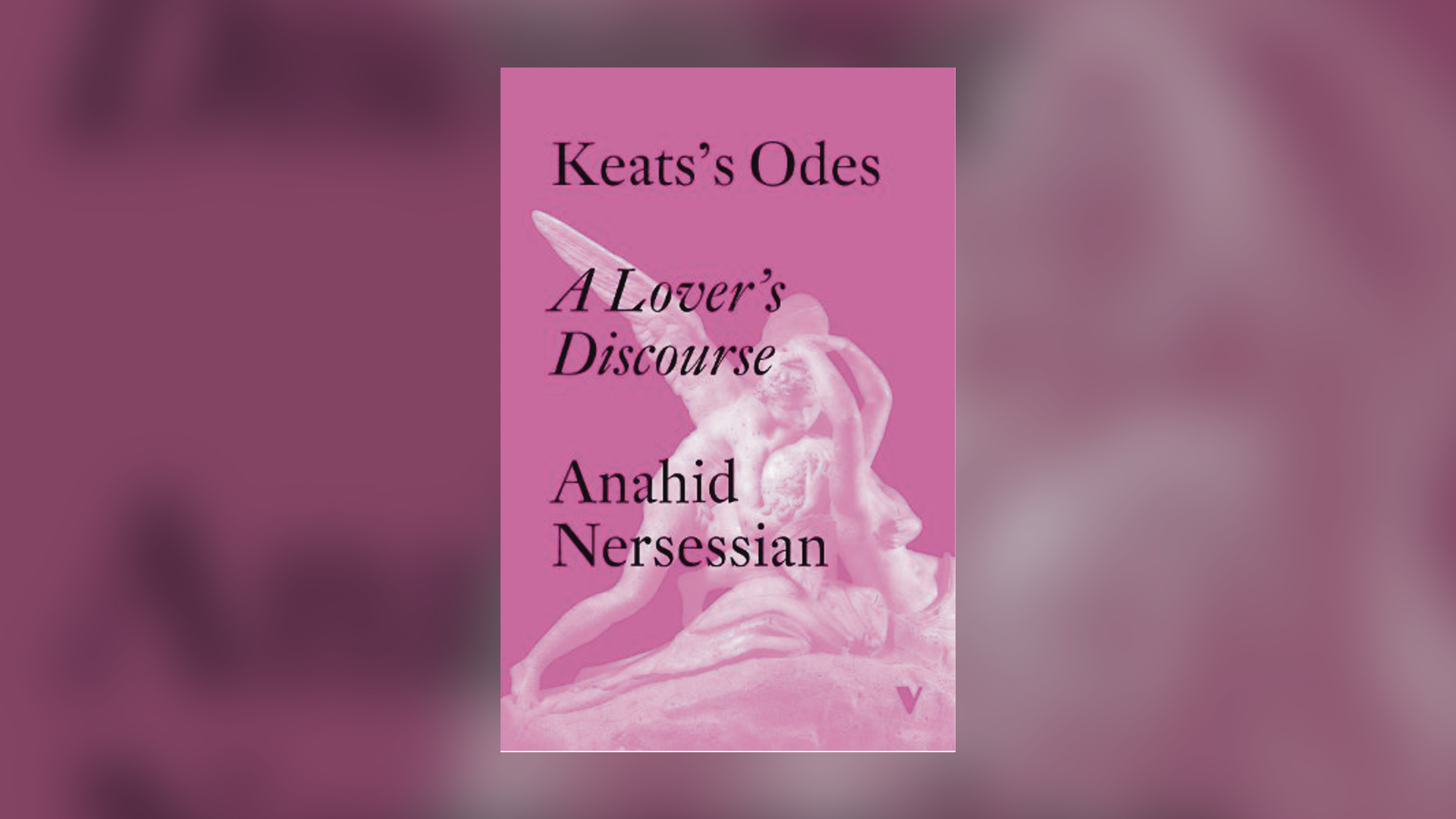Does short-lived English poet John Keats – dead at 25 – belong with the creative youngsters of the last century who passed away when young? With actor James Dean (24), and pop stars Jim Morrison (27) and Jimi Hendrix (27); or does he rub shoulders with Karl Marx?
Yes, Marx the very protean father and grandfather of the Soviet Union, the People’s Republic of China, and virtually every radical oppositional and revolutionary group of the last hundred years.
Which is exactly what author Anahid Nersessian of The University of California in Los Angeles has the front to suggest in her new book, which I’ve just read and am now writing about, and am flummoxed by. It is a worthy subject, but because I am outside academia and serious critical reading, I am a novice. Yet I like the challenge.
Get the latest news and insight into how the Big Issue magazine is made by signing up for the Inside Big Issue newsletter
So this article might be called ‘Why I should never have read this book.’ And in some ways the author agrees with me. Anahid Nersessian teaches at UCLA and it is her recent book, Keats’s Odes: A Lover’s Discourse, that I have been struggling with. In fact, she declares in her preface that if you haven’t read anything about Keats’s odes before then don’t start here. She then reels off a list of books and chapters that you should read first.
Previous to Ms Nersessian I had not read anything about Keats’s poetry and have only picked up scraps about him over the years. I felt close to him when I was 18 and struggling with love, but I am a novice to literary assessment and criticism. Ms Nersessian yokes Karl Marx into her small though interesting book, painting Keats as a critic of the 19th century and its often alienating, and at times murderous, attention to building industry and profit.









